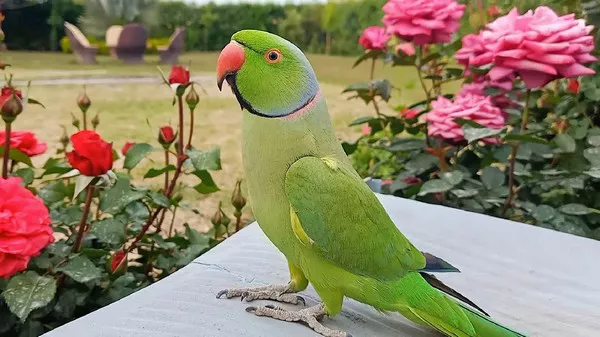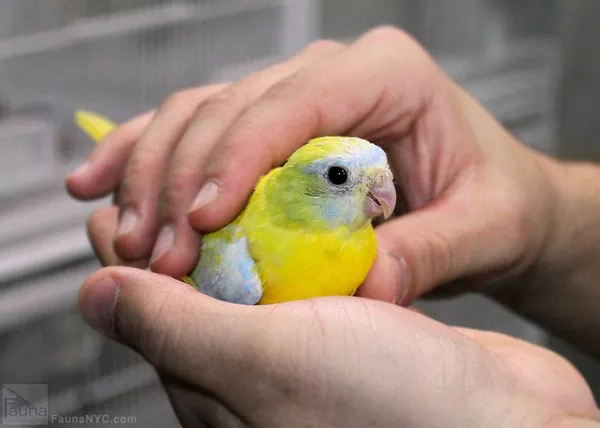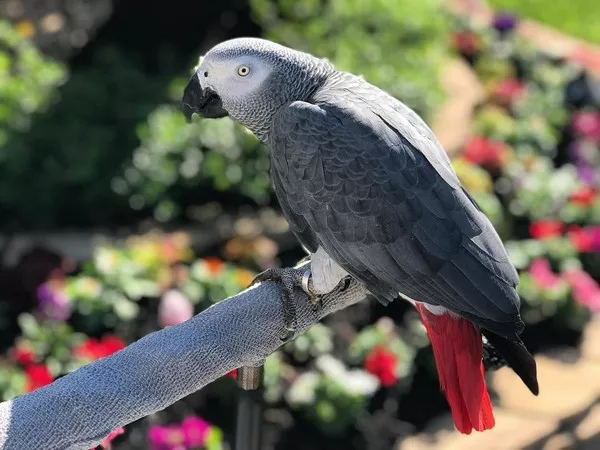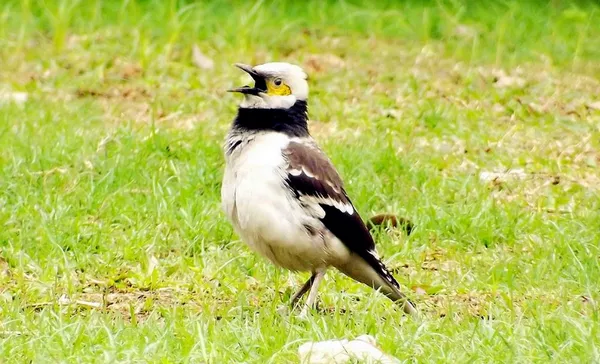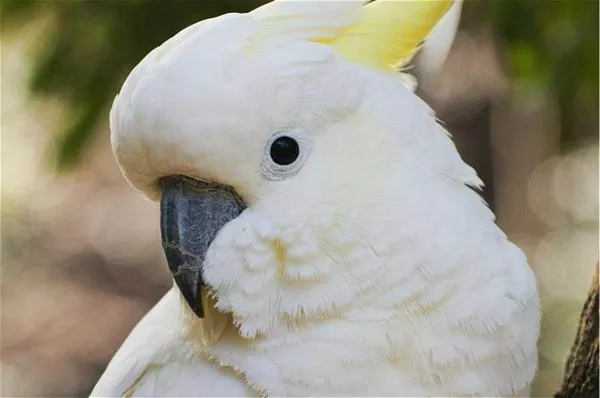Ringneck parrots, also known as Indian ringneck parakeets, are popular pet birds known for their intelligence, beauty, and social nature. They require proper care and attention to thrive in captivity. In this article, we will discuss how to look after a ringneck parrot and ensure that it lives a healthy and happy life.
Housing
Ringneck parrots require a spacious cage to move around and stretch their wings. The cage should be at least 24 inches long, 18 inches wide, and 24 inches high. The bar spacing should be no more than ½ inch to prevent escape or injury.
Provide plenty of perches in the cage, made of natural wood or rope, to allow your bird to climb and exercise its feet. You should also include toys, such as swings and mirrors, to keep your bird entertained and mentally stimulated. The toys should be made of safe materials and checked regularly for signs of wear or damage.
Diet
A balanced and nutritious diet is essential for the health of your ringneck parrot. A diet based on commercial pellets, supplemented with fresh fruits, vegetables, and occasional treats, provides the necessary vitamins, minerals, and other nutrients.
Pellets: High-quality pellets, specifically formulated for parrots, should make up the majority of your bird’s diet. Pellets provide a balanced and complete diet that includes essential nutrients and vitamins.
Fresh Fruits and Vegetables: Fresh fruits and vegetables should also be included in your bird’s diet. Good choices include leafy greens, like kale and spinach, as well as carrots, sweet potatoes, broccoli, and berries.
Nuts and Seeds: Nuts and seeds are an excellent source of protein and fat, but they should be given in moderation to prevent obesity. Good choices include almonds, walnuts, pecans, and sunflower seeds.
Treats: Ringneck parrots love treats, but they should be given in moderation. Good choices include small pieces of fruit or nuts, or commercial bird treats.
Water: Fresh, clean water should be available at all times. Change the water daily and clean the water bowl regularly to prevent the growth of bacteria.
Exercise
Ringneck parrots are active birds and require regular exercise to stay healthy and happy. Allow your bird to fly outside the cage in a safe and secure environment for at least one hour a day. You can also provide your bird with toys that encourage movement and exercise, such as swings and climbing ropes.
Grooming
Regular grooming is essential for the health and well-being of your ringneck parrot. Grooming includes trimming the nails, cleaning the beak, and bathing.
Nails: Trim your bird’s nails regularly to prevent overgrowth, which can cause discomfort and injury. You can use a nail clipper specifically designed for birds or take your bird to a professional groomer.
Beak: Clean your bird’s beak regularly to remove any food particles or debris. You can use a soft-bristled toothbrush or a cloth dipped in warm water.
Bathing: Ringneck parrots enjoy bathing, and it is essential for maintaining healthy feathers. You can provide a shallow dish of water for your bird to bathe in or mist them with a spray bottle.
Healthcare
Regular check-ups with an avian veterinarian are essential for the health of your ringneck parrot. The veterinarian can perform a physical examination, provide vaccinations, and check for any signs of illness or disease.
Signs of illness in ringneck parrots include:
- Loss of appetite
- Weight loss
- Changes in behavior
- Difficulty breathing
- Discharge from the eyes or nose
- Changes in the appearance of feathers or skin
In conclusion, ringneck parrots require proper care and attention to thrive in captivity. Providing a spacious cage with plenty of toys, a healthy and varied diet, regular veterinary check-ups, and socialization can help ensure a happy and healthy pet. With proper care and attention, your ringneck parrot can be a wonderful and rewarding companion for years to come.
Recommended reading:

